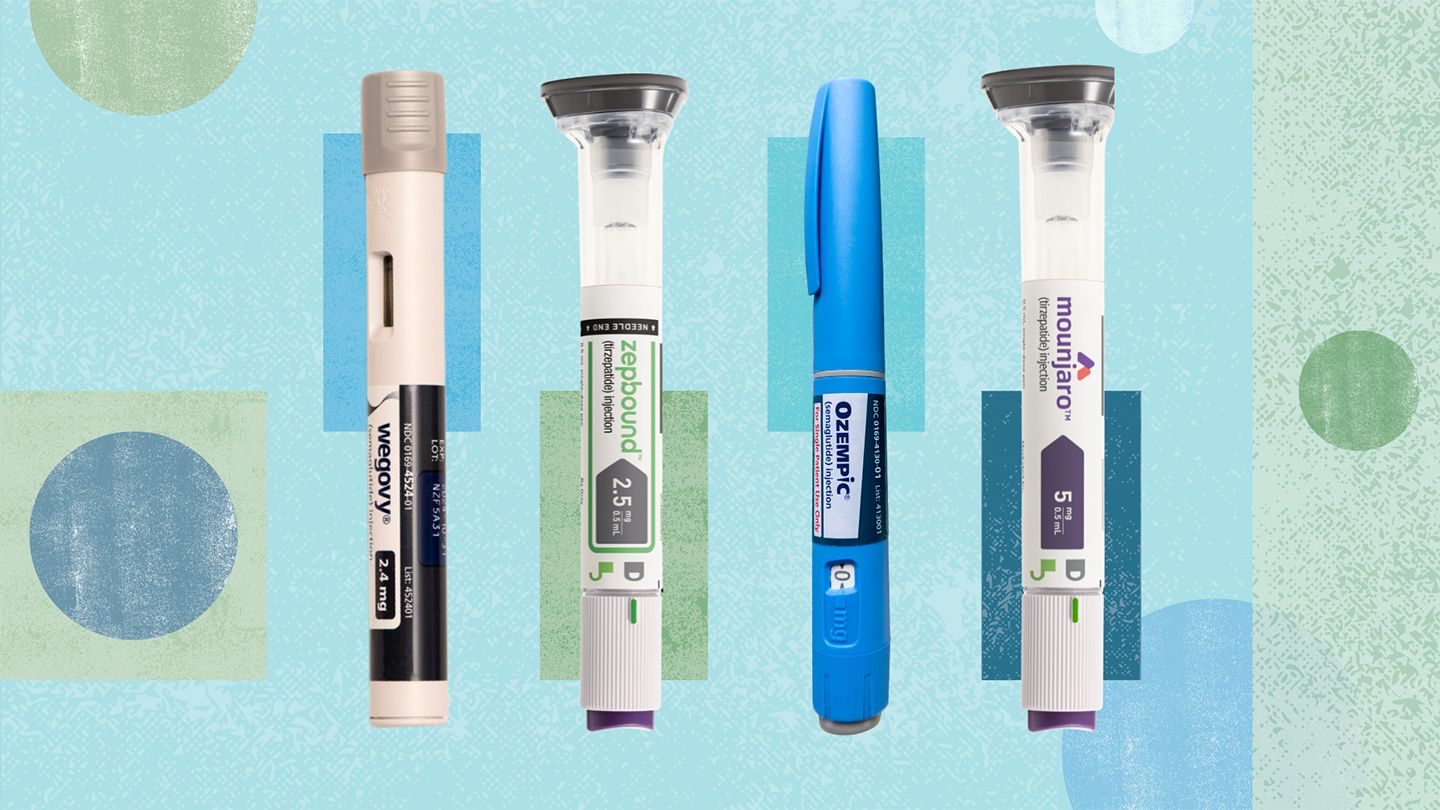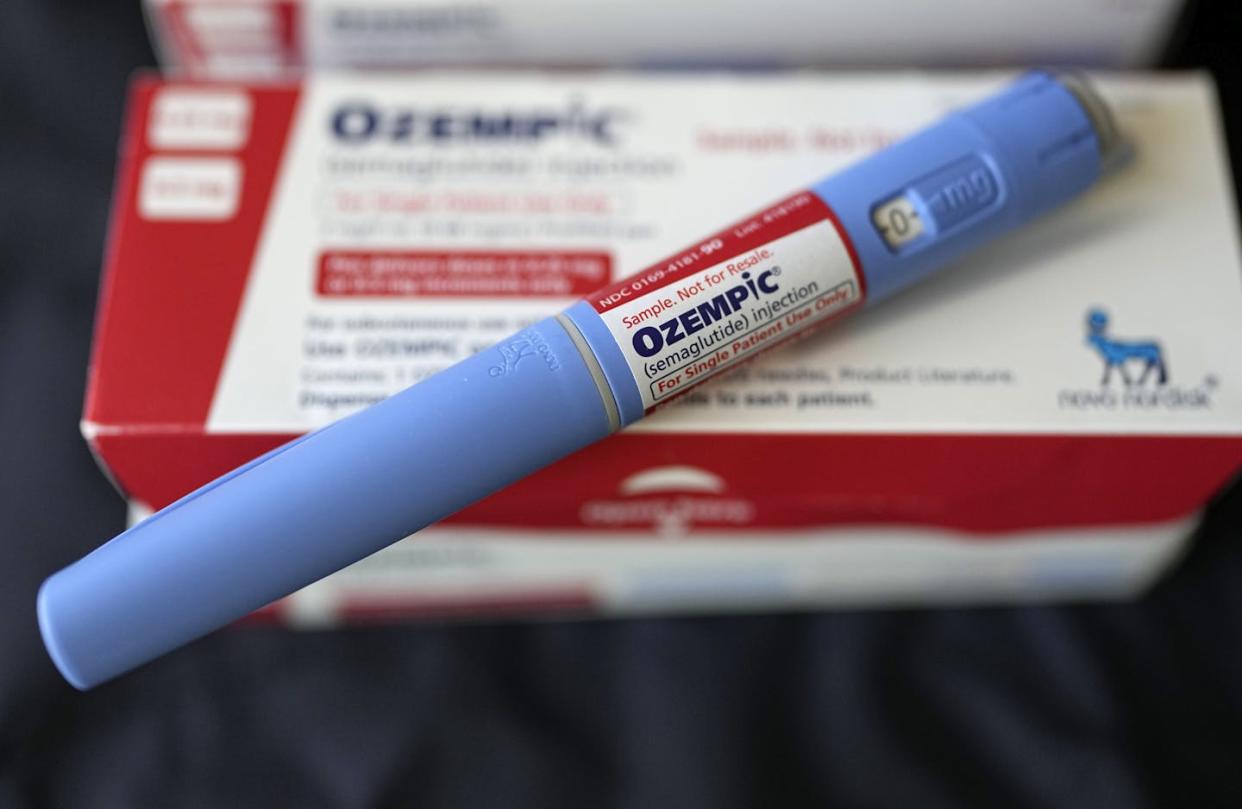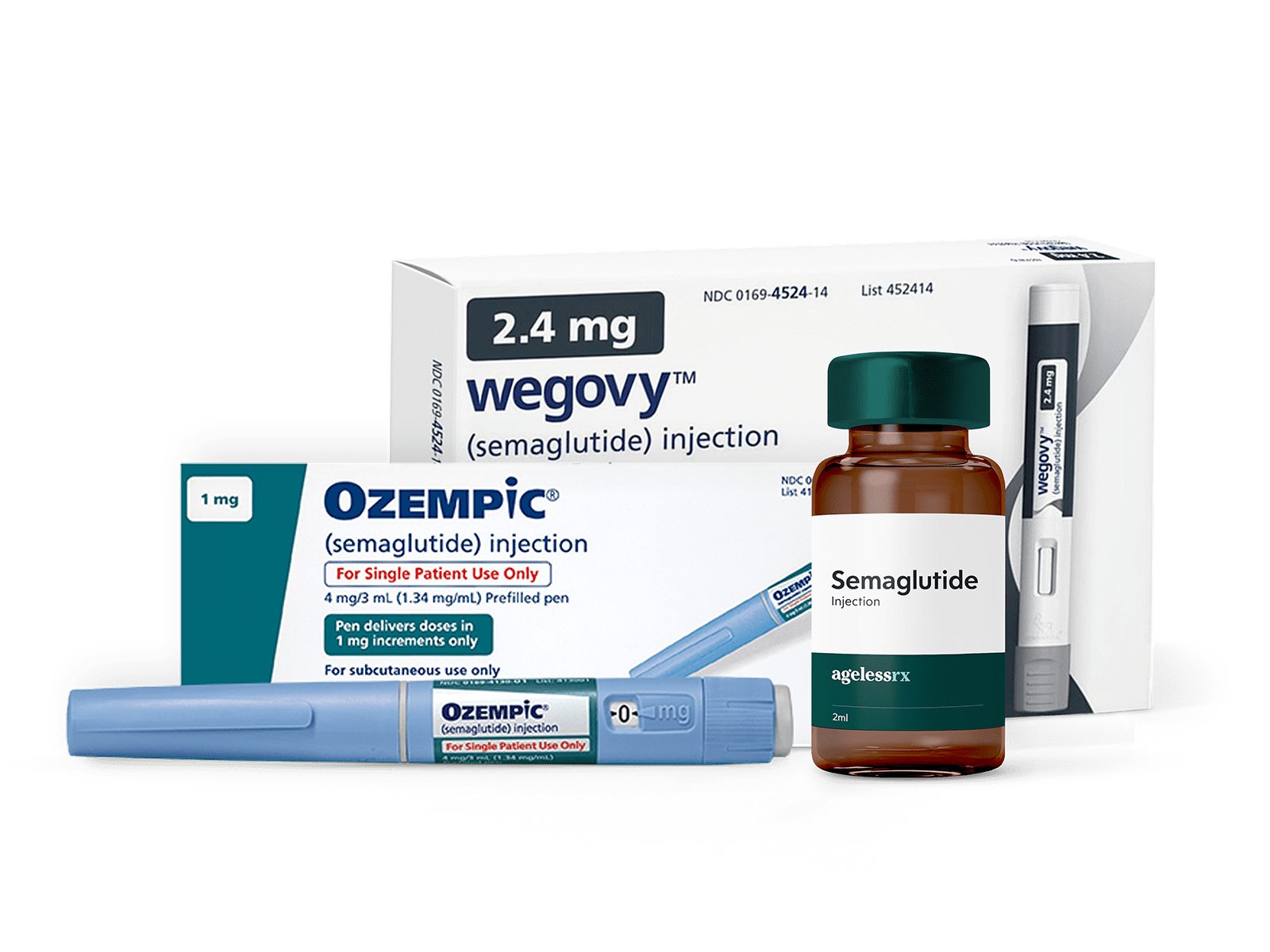Pharmaceutical Innovation Targets Improved Heart and Liver Function, Reduced Side Effects
The weight loss medication landscape is evolving rapidly, with pharmaceutical companies racing to develop the next generation of drugs that promise more comprehensive health benefits and fewer side effects than their predecessors.
Key Highlights:
- 27 new GLP-1 drugs to be presented at 2024 American Diabetes Association conference
- Novel medications aim to improve liver and heart function while minimizing muscle loss
- Pemvidutide shows promising results in weight loss and organ health
- Petrelintide offers potential for reduced nausea side effects
The GLP-1 Revolution Continues
Following the success of Ozempic and Wegovy, the development of GLP-1 (glucagon-like peptide-1) drugs has accelerated dramatically. Dr. Marlon Pragnell, ADA’s vice president of research and science, notes: “We’re seeing lots and lots of different drug candidates in the pipeline, from very early-stage preclinical all the way through late-stage clinical. It’s very exciting to see so much right now.”
Beyond Weight Loss: Targeting Overall Health
While current GLP-1 agonists have been criticized for side effects like muscle loss and nausea, the new wave of medications aims to address these concerns while offering additional health benefits.
Pemvidutide: A Dual-Action Approach
Maryland-based Altimmune is developing pemvidutide, which combines GLP-1 with glucagon, a hormone that mimics exercise effects. Key findings include:
- 15.6% average body weight loss after 48 weeks at the highest dose
- Improved liver and heart health
- Lower lean body mass loss compared to traditional weight loss methods
Dr. Scott Harris, Altimmune’s chief medical officer, states: “We’re adding another component beyond appetite suppression.” The company aims for U.S. availability by 2028.
Petrelintide: Tackling Side Effects
Zealand Pharma’s experimental drug petrelintide takes a different approach by mimicking the hormone amylin. Early data shows:
- 8.6% average body weight reduction at 16 weeks with a high dose
- Potential for reduced nausea, a common side effect of GLP-1 drugs
The Future of Weight Management
As these new drugs progress through clinical trials, they represent a shift towards more holistic weight management solutions. Dr. Pragnell concludes: “We are now firmly entrenched in the era of the GLP.”
While FDA approval for most of these drugs is still years away, the rapid pace of innovation suggests a future where weight loss medications could offer far-reaching health benefits beyond the number on the scale.
This evolving landscape of weight loss drugs underscores the potential for pharmaceutical innovations to address obesity as a complex health issue, targeting multiple aspects of metabolic health simultaneously. As research progresses, patients and healthcare providers alike eagerly await these promising new treatment options.





